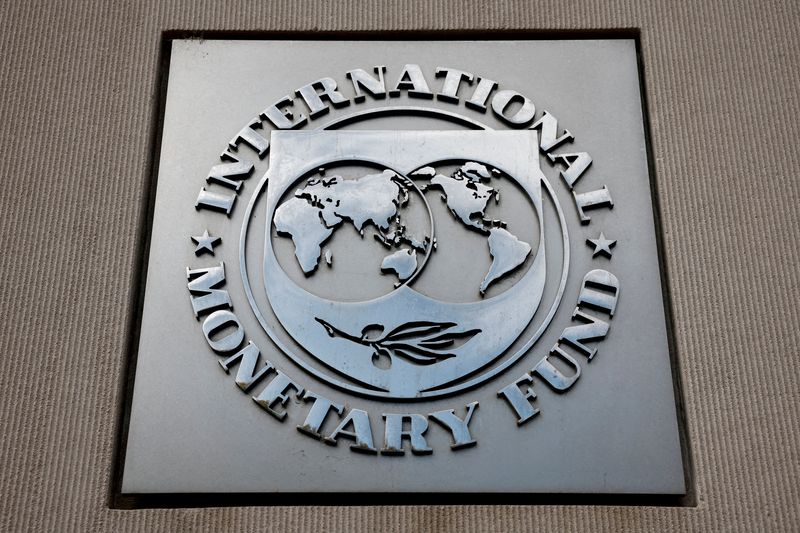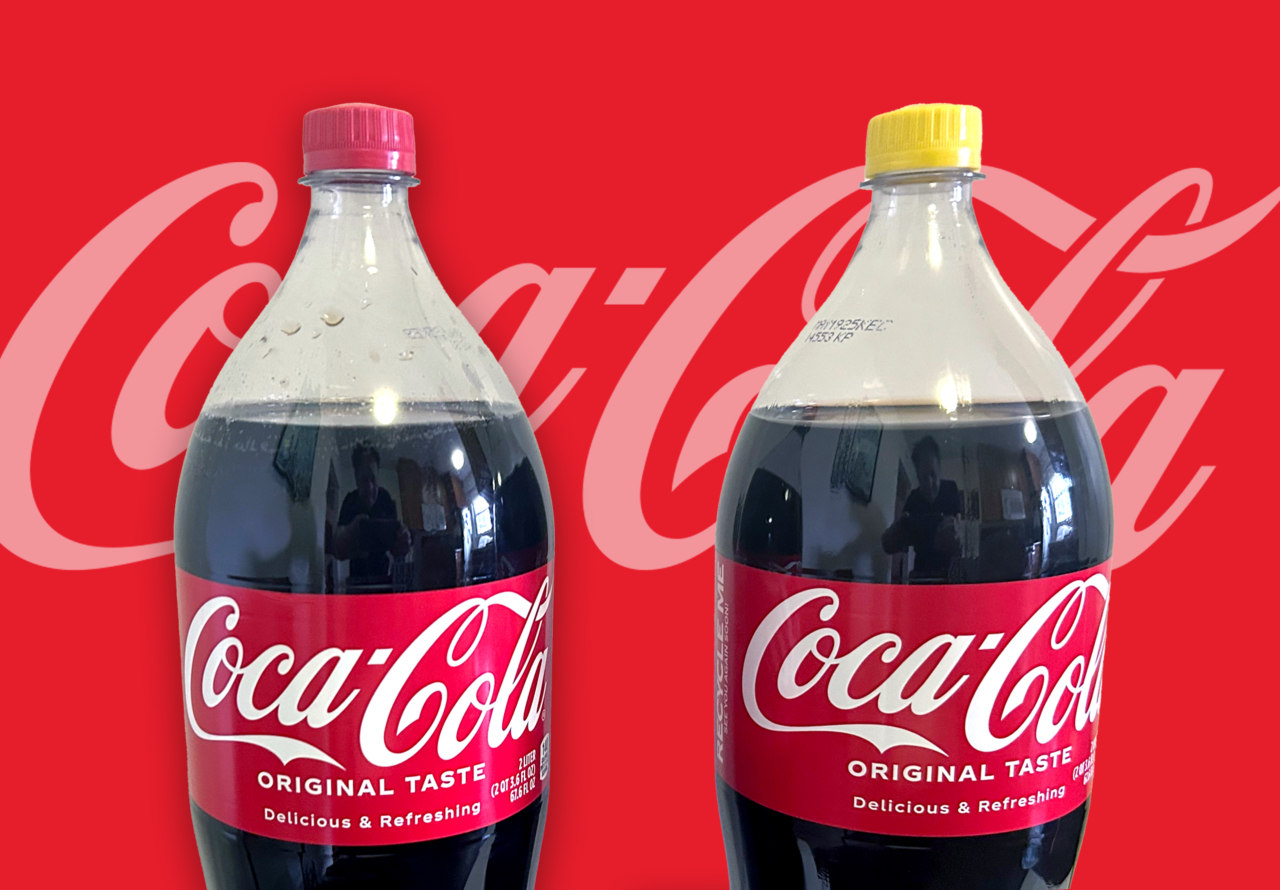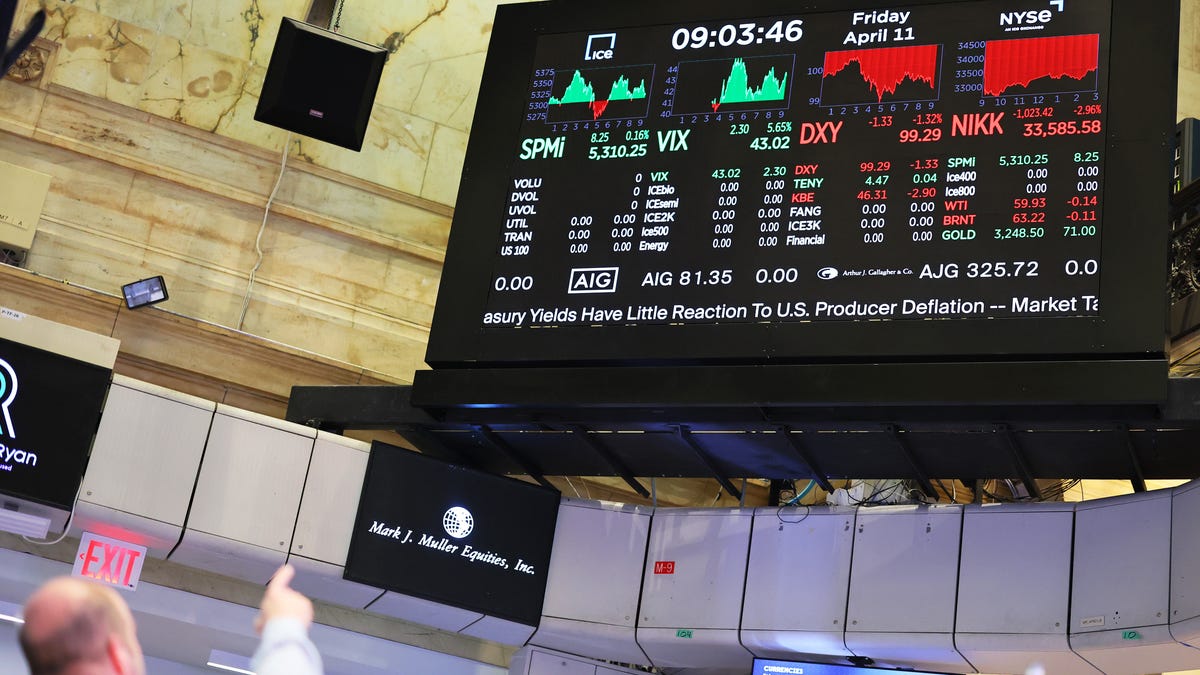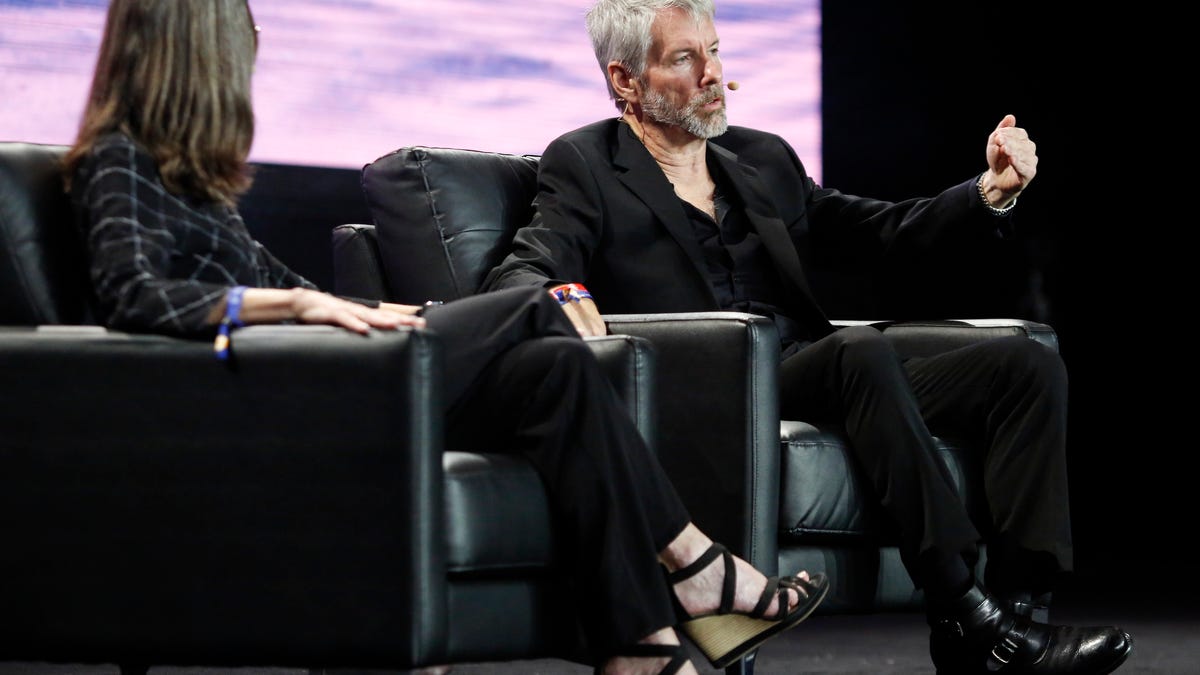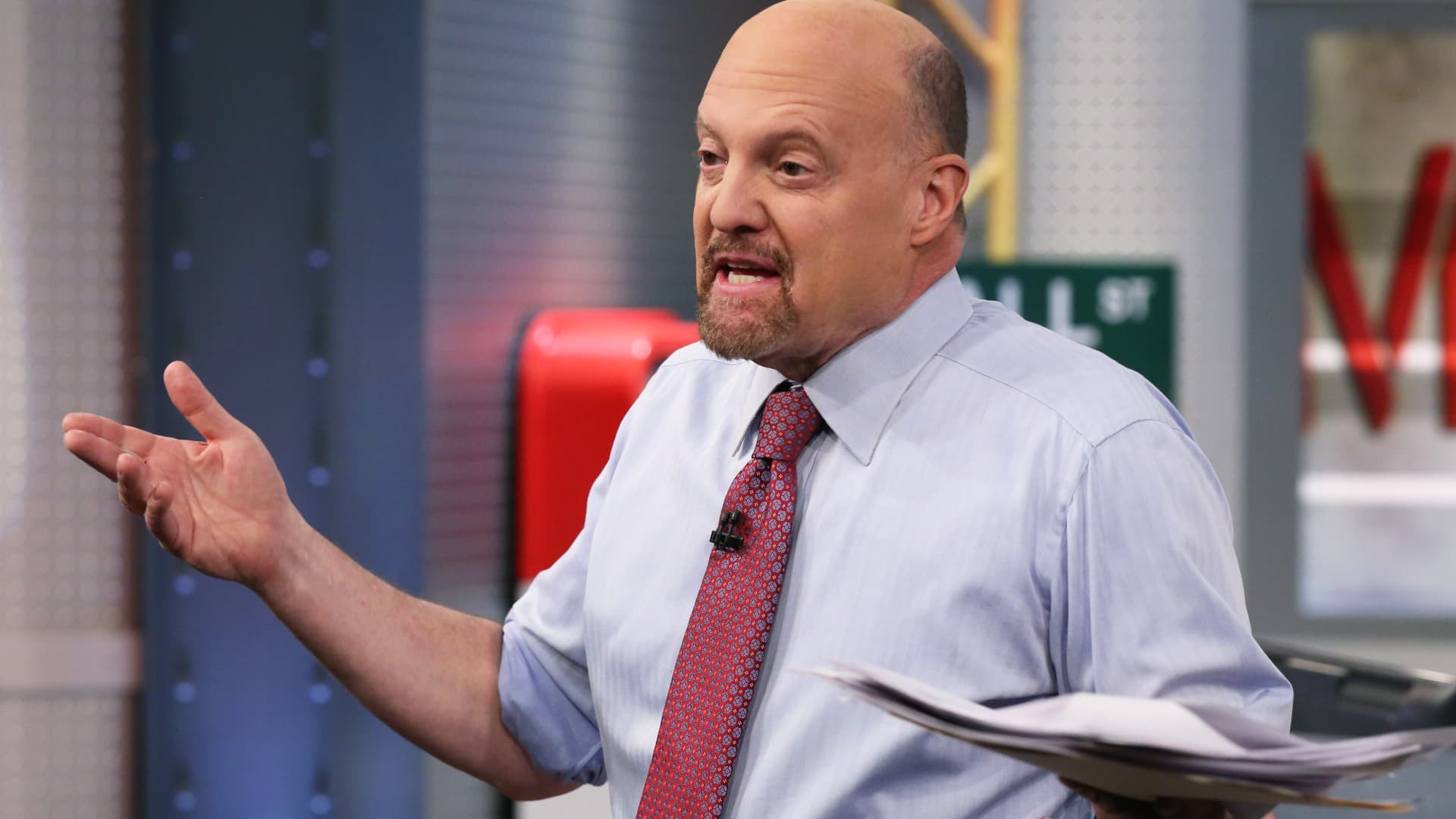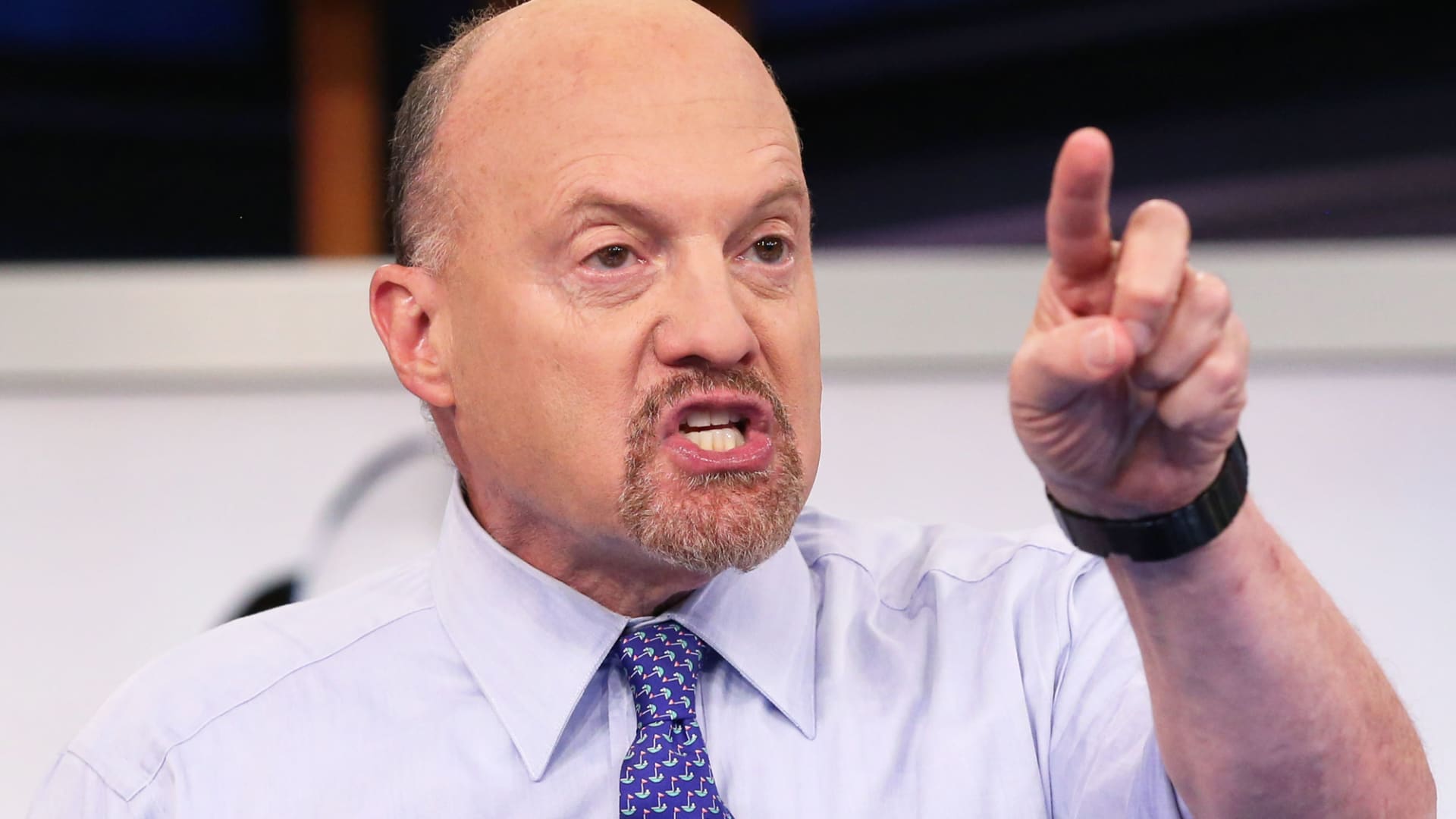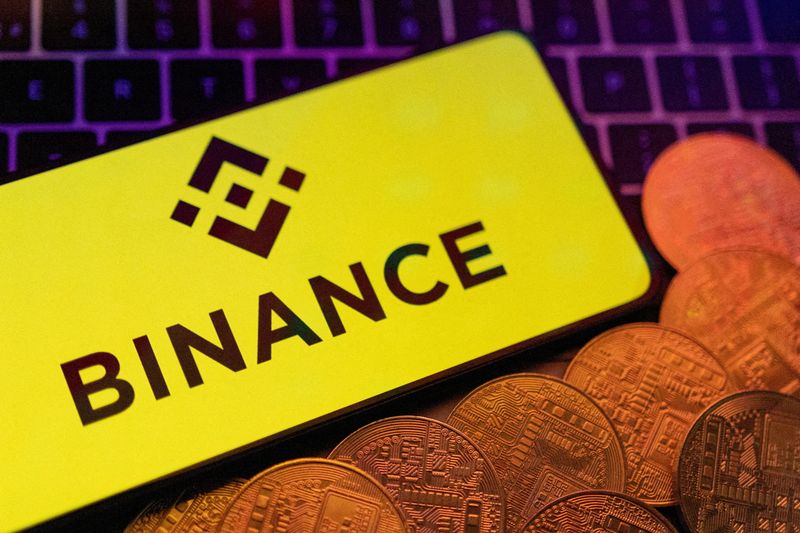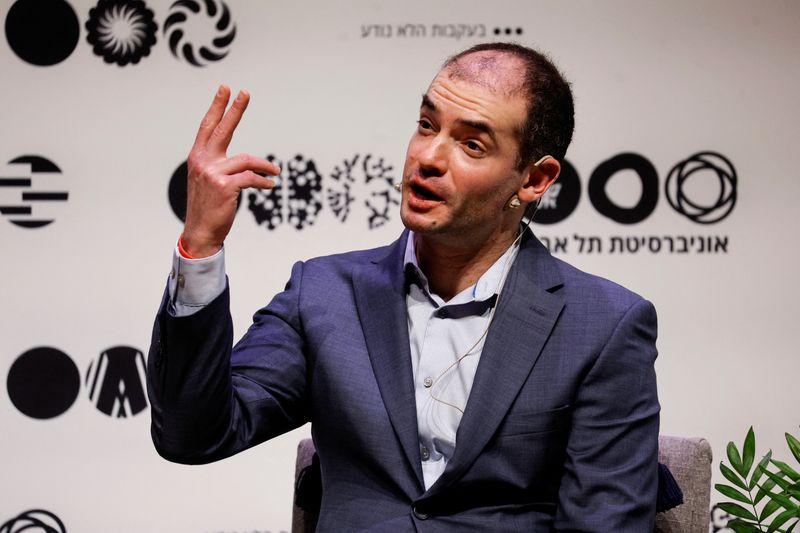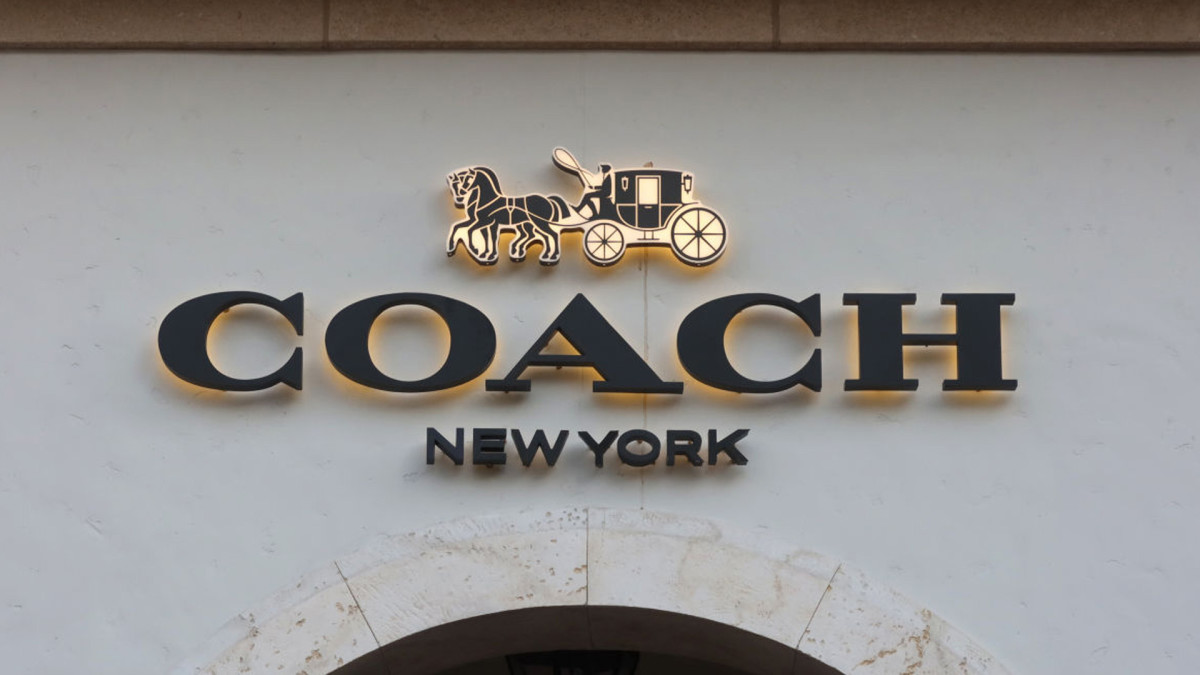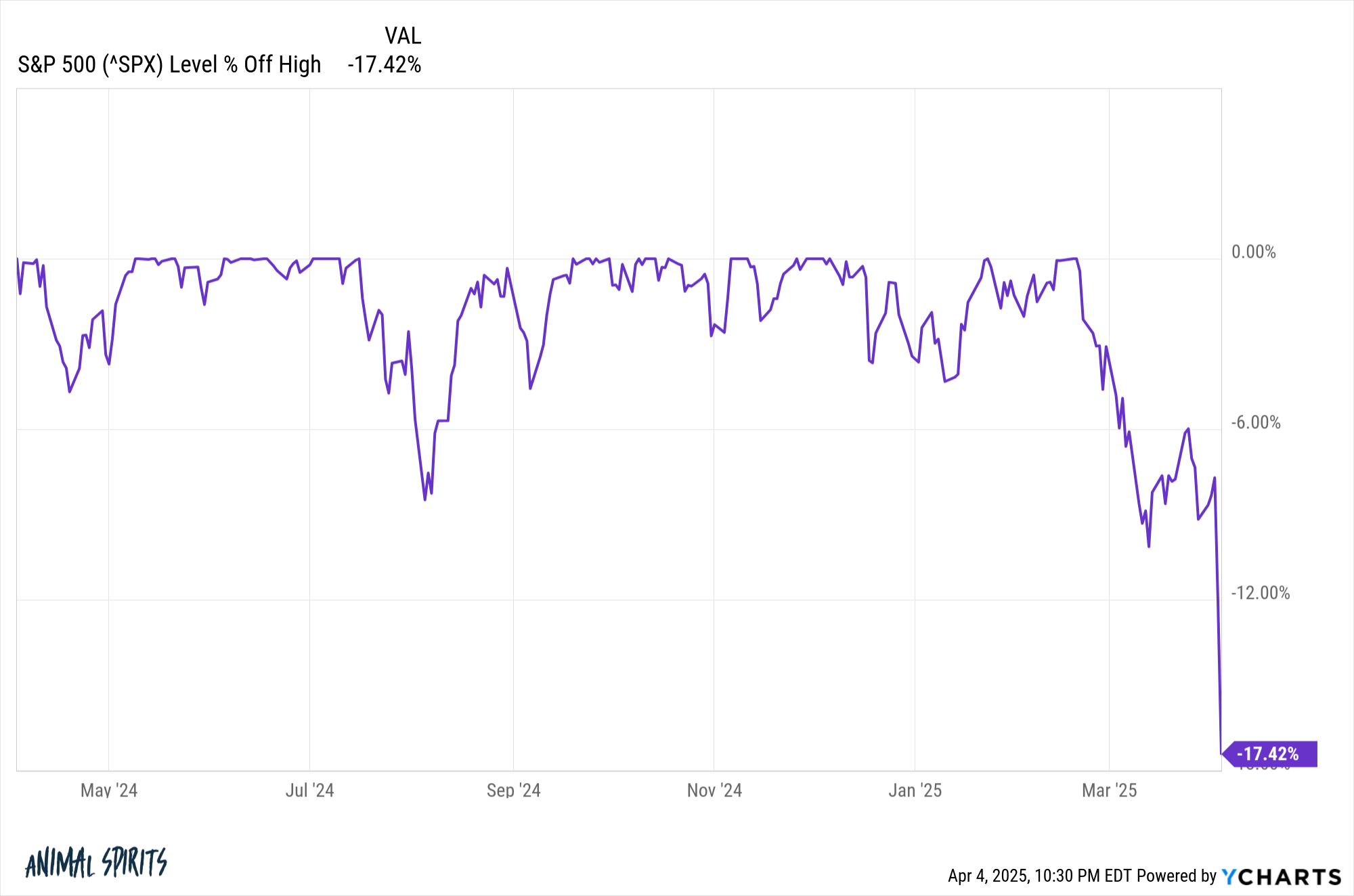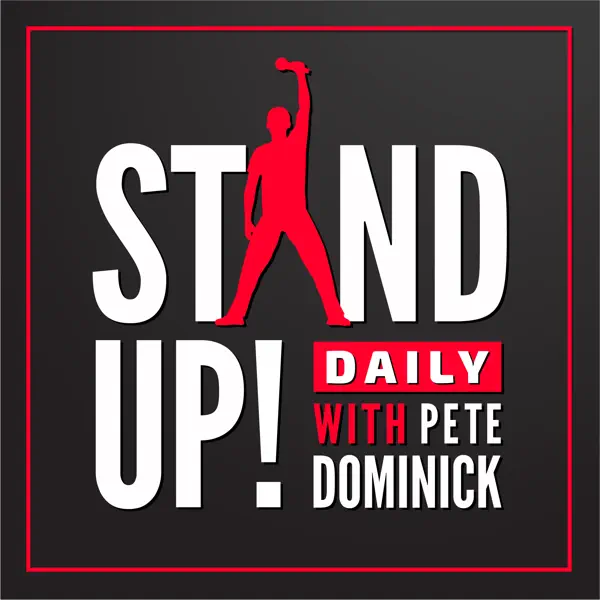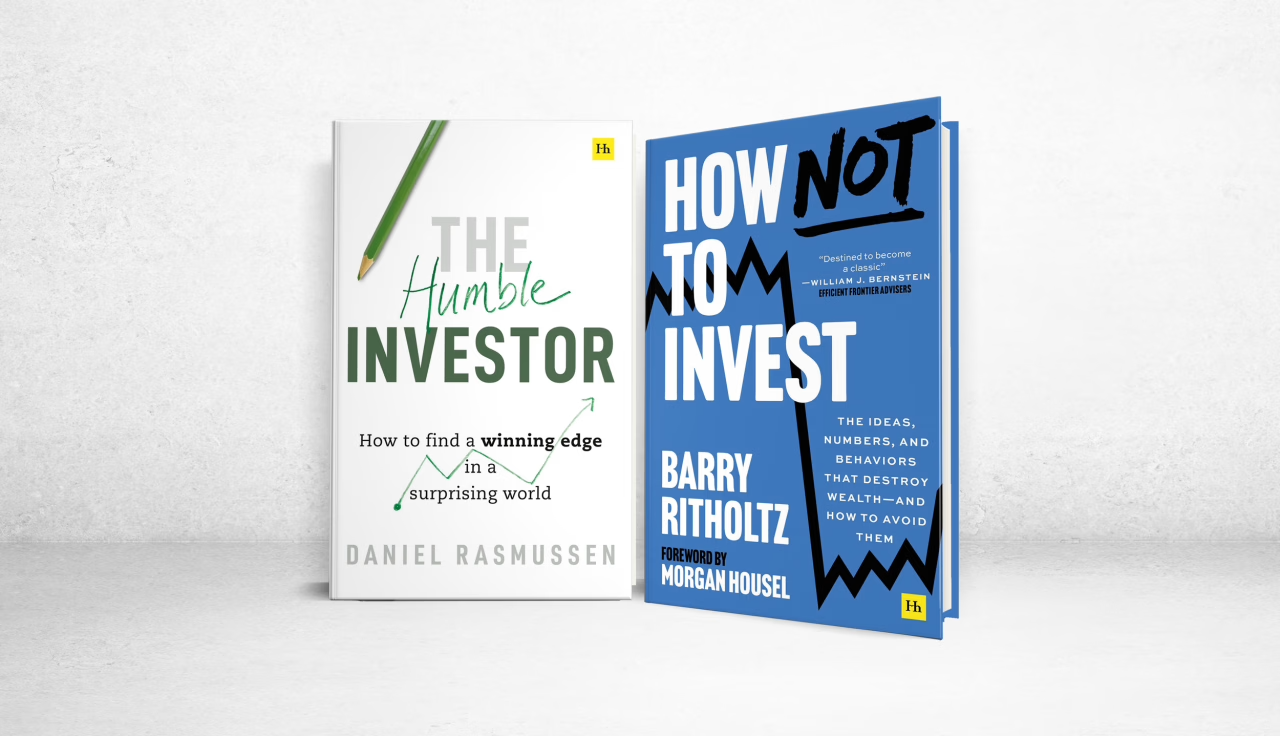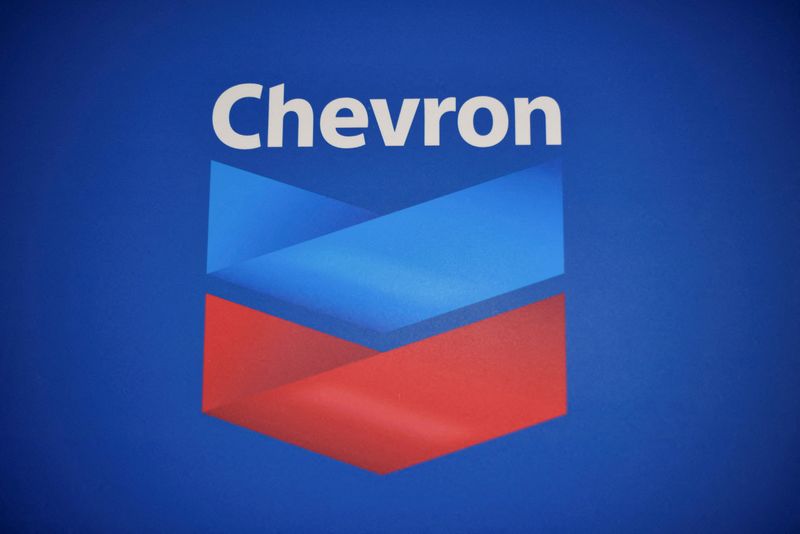I’m about to deposit $1M—where can I find the best bonus offers for large deposits?
The Beverly Hillbillies was a popular CBS-TV sitcom that ran from 1962 to 1971. The premise was that Jed Clampett, a poor, Ozark mountain hillbilly widower, finds oil and is instantly wealthy. He is urged by family and neighbors to relocate, so he brings his daughter, nephew, and mother-in-law to California and they move into […] The post I’m about to deposit $1M—where can I find the best bonus offers for large deposits? appeared first on 24/7 Wall St..

The Beverly Hillbillies was a popular CBS-TV sitcom that ran from 1962 to 1971. The premise was that Jed Clampett, a poor, Ozark mountain hillbilly widower, finds oil and is instantly wealthy. He is urged by family and neighbors to relocate, so he brings his daughter, nephew, and mother-in-law to California and they move into a mansion in Beverly Hills. Much of the humor revolved around the lengths banker Milburn Drysdale will go to keep Clampetts’ assets in his bank, which are $96 million in 1960s dollars, equivalent to over $823 million today! Drydale’s major competitor is Hacker, who tries to incentivize the Clampett to switch banks.
The fish-out-of-water premise was a hit with viewers and The Beverly Hillbillies consistently were in the top-Nielsen ratings, despite critics panning the lowbrow humor. However, the show did manage to satirically highlight the competition between banks seeking to attract large deposit clients.
Key Points
-
Accumulation of Assets Under Management (AUM) is the primary competition among financial management institutions.
-
Banks, brokerage firms, and other financial firms all have varying types of incentive programs to lure large depositor clients, so the range of choices are broad in what is basically a buyer’s market.
-
It’s important to read the fine print on many incentives, which often lose applicability depending on maintained balances, transaction frequency, and other particulars.
-
Are you ahead, or behind on retirement? SmartAsset’s free tool can match you with a financial advisor in minutes to help you answer that today. Each advisor has been carefully vetted, and must act in your best interests. Don’t waste another minute; get started by clicking here here.(Sponsor)
The AUM Measuring Tape

In the past 20 years, the financial industry has shifted largely from transactional commission-based fees to wrap fees, which are a flat amount or percentage based on the total asset value of accounts. Combined with the DIY app based stock trading and bank transaction platforms that now predominate, this shift accelerated with the times. As a result banks generate more revenues the more assets under management they can accumulate, so the competition is fiercest in attracting large deposit account clients.
A small business owner found that his company’s 2024 profits amounted to $1 million. Seeking to compare the range of incentives and perks being offered for a deposit of that size, he posted on Reddit for feedback and suggestions. While he realizes that nowadays, $1 million is not a huge amount, he is reluctant to turn down free money or other perks if he can get them for free.
Read The Fine Print

The respondents offered quite a few bonus programs from firms that were household names, as well as a considerable number of niche and specialty boutique firms. While the range of offers varied somewhat, more interesting were some common trends that seemed to be consistent. Additionally, there were some hidden traps that urged caution.
- Fintechs – RobinHood, and other fintechs predicated on trading securities, derivatives, cryptocurrencies, etc. were some of the most aggressive marketers, Bonus incentives of 2-4%+, which would equate to $20,000 to $40,000, would be the reward for moving a $1 million account and keeping it above a certain balance (for example, in a growth ETF). The caveat is that many fintechs are not regulated much, if at all, so some offers may well be a “let the buyer beware” situation.
- Regulatory – While banks that are FDIC members have insurance on accounts up to $250,000 value, trading firms, if licensed as broker/dealers, are regulated by SEC and FINRA. Neither body includes FDIC-type principal protection insurance as a given, so it’s important for a prospective large client to be aware of those differences and their corresponding risks. The example of Evolve Bank & Trust was cited as an example. Since EBT interfaced with unregulated fintechs, it lost $100 million in customer deposits. Its fintech app swept cash to equities, and was not covered by SIPC insurance, which only protects accounts if a firm goes out of business.
- Some banks will offer perks in the form of mortgage interest discounts based on asset size. Once the mortgage loan is underwritten by the bank, the assets are not required to remain since the mortgage business will be ongoing.
- Some bonuses are based on a 90 day minimum balance revolving cycle, so it can be renewed for another payment upon request after each cycle.
Several of these perks are subject to change depending on interest rates, differing balance ranges at different time periods, and other variables. Therefore, reading the fine print is crucial before making a final decision since incurring penalties can also be another hidden trap door.to watch out for. Relationships with a bank can still make a considerable difference. Direct negotiations and a prior relationship with a bank can elevate one’s status and enhance their negotiating leverage.
The post I’m about to deposit $1M—where can I find the best bonus offers for large deposits? appeared first on 24/7 Wall St..






